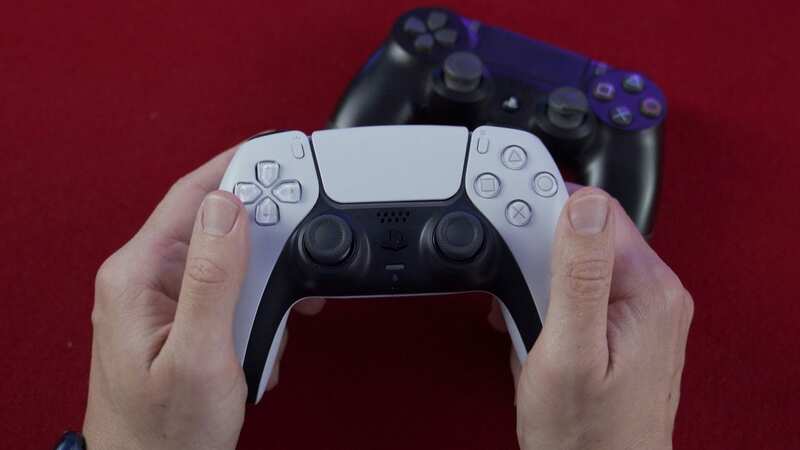Sony difficulty patent for PS5 is bad for the industry

Sony has filed a patent that aims to have games adapt their difficulty to a player's skill level – and it's only 18 years late to the party.
First-party PlayStation titles aren't exactly known for being extremely difficult, and Sony's push for difficulty and accessibility options across the PS4 and PS5 generations (in games like Marvel's Spider-Man and The Last of Us Part 2) have been a fantastic way to get new players into gaming. However, the latest patent out of the company aims to go one step further, by having future games automatically adapt themselves to how a player is performing. If you keep dying the game will get easier, and vice versa if you're dominating.
The patent was filed in May and published earlier this month, and is available to view on the WIPO website. The patent doesn't specify if this will be for upcoming PS5 games or arriving much further out on a potential PS6. However, Sony may end up getting some pushback on this considering adaptive difficulty in games has been around for years. One of the foremost innovators for this feature is Resident Evil creator Shinji Mikami, who included it in the final two games he developed while at Capcom – Resident Evil 4, and God Hand.
This is a hidden feature in Resident Evil 4; if you frequently miss shots, take too many hits, or find yourself dying all the time, enemies will automatically become passive, deal less damage, and in some cases, spawn less. If you're doing well, the opposite will happen and things will get much harder as you progress.
Meanwhile, God Hand was far more explicit about it with a metre on the HUD which shows the present difficulty that increases or decreases based on your performance, with enemies adapting their tactics accordingly. Difficulty levels range from the easy Level 1 (which prevents enemies attacking in groups, or blocking often) up to the aptly titled 'Level Die' which gives enemies new moves, the ability to attack from off-camera, and faster movement speed.
 PSVR 2 is already losing to the Meta Quest 2 in the VR headset battle
PSVR 2 is already losing to the Meta Quest 2 in the VR headset battle
Patently a bad idea
Game mechanics being stuck in patents has always been – and will always be – bad for the gaming industry. Publishers copyrighting ideas has always stifled innovation. Imagine if Capcom patented the over-the-shoulder camera after Resident Evil 4. Iconic games like Gears Of War may have never come to fruition.
And back in the PS2 and PS3 era, Namco cornered the market on fun loading screen minigames. The feature was patented from 1995 to 2015, so no one else was allowed to make interactive loading screens. And the most heinous gaming patent of all is why we'll never get Middle Earth: Shadow of Mordor's incredible Nemesis System outside of the series, and adapted to a title with combat that doesn't feel like a warm turd. Imagine IPs like Dragon's Dogma 2 or Fallout adopting that and building on it – but we've been robbed!
Even if Sony's difficulty patent isn't an original idea, it's a good one – provided there's an option to toggle it for those who simply want to coast, or get their ass beat constantly. But it's definitely not something that should be locked to one publisher, especially given the fact other industry players have already been implementing it in some way.
Read more similar news:
Comments:
comments powered by Disqus

































